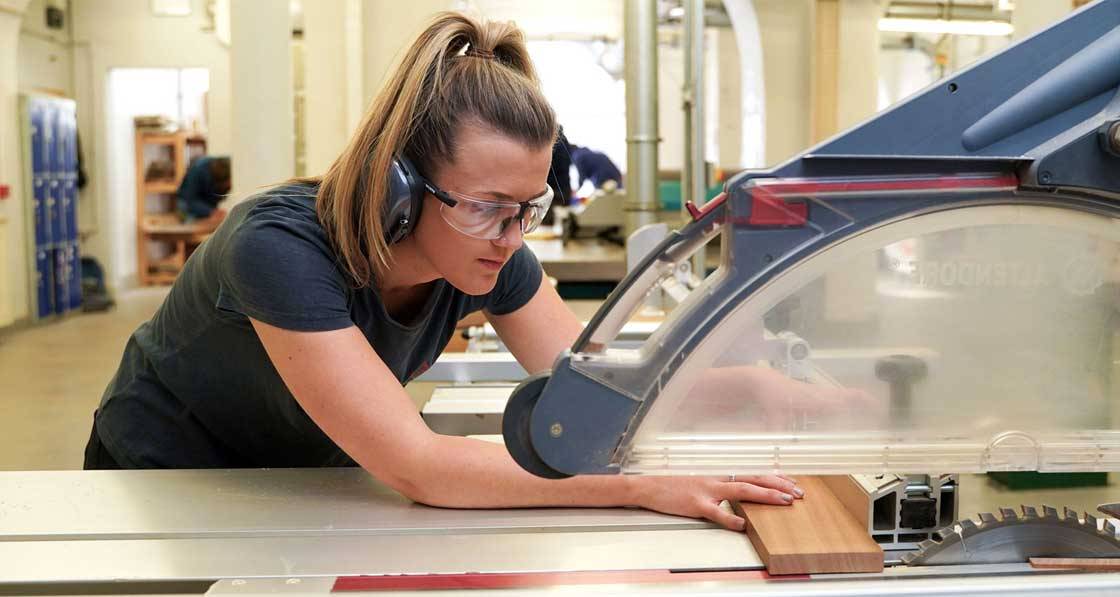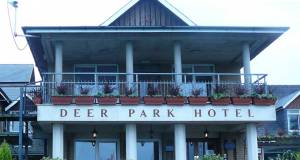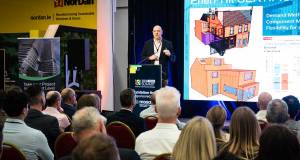
- General
- Posted
TU Dublin launches timber technology degree
This article was originally published in issue 37 of Passive House Plus magazine. Want immediate access to all back issues and exclusive extra content? Click here to subscribe for as little as €10, or click here to receive the next issue free of charge
“As part of its strategic plan to 2030, TU Dublin has set the goal of becoming 'a powerhouse for living and breathing sustainability’,” the university said in a statement. “The learning outcomes in sustainable timber technology have been designed to educate timber technologists for the increasingly wide-ranging roles in the industry.”
Commencing in September 2021, the four-year, fulltime course will have a mix of theoretical and skills-based modules.
Describing the new programme, Joseph Little, assistant head, Dublin School of Architecture said that timber, “can be shaped into an endless variety of high-quality products with significantly lower carbon emissions than other materials. This means that forests, and timbers sustainably harvested from them, can play a central role in addressing the global environmental crisis.”
He continued: “The harvest from Ireland's forests is set to double in the next 15 years, with employment expanding from 12,000 to 20,000 jobs. The industry needs timber technology graduates to fill a wide variety of roles from managers in joinery workshops or sawmills to drawing office technologists in timber frame companies, and from skilled craftspeople to product researchers and innovators, quality assurance technologists, technical sales, consultants, and exporters. Ireland has some catching up to do to gain the maximum environmental and financial benefit from our timber, but now is the time."
Internationally, the pace of innovation in timber has been exponential, TU Dublin said. While 20 years ago, a timber building of even four storeys was considered remarkable, the current tallest timber building of 18 storeys is now expected to be outstripped within a year. Scientists are currently researching the use of dried plant matter (such as bark, harvested tree logs and chippings) as a feedstock for bio-refineries that could replace unsustainable petrochemical refineries to create new building materials, bioplastics, medical equipment, and even clothing and food.
“Sustainable forest management and the production of high-quality, innovative timber products will become even more central to our well-being economy,” Little said.
For more information see TUDublin.ie
Related items
-
Air tightness training course to launch in Carlow this March
-
 Peaky blinder
Peaky blinder -
 #BuildingLife Series: Director at CORA Consulting Engineers, John Casey
#BuildingLife Series: Director at CORA Consulting Engineers, John Casey -
 Green homes and finance join forces for growth
Green homes and finance join forces for growth -
 Hotel demolition judicial review could set embodied carbon precedent
Hotel demolition judicial review could set embodied carbon precedent -
 ZEB Summit celebrates Irish passive progress
ZEB Summit celebrates Irish passive progress

